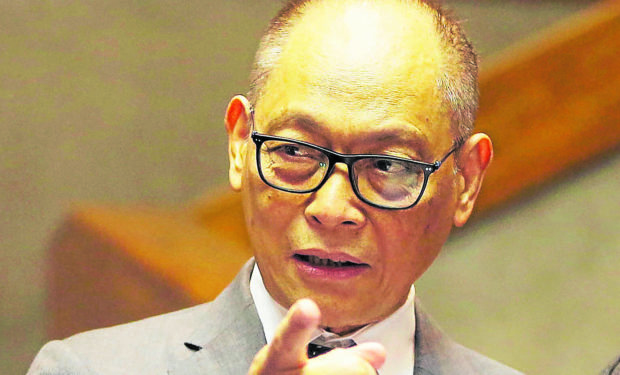Japan-based credit watcher Rating and Investment Information, Inc. (R&I) maintained the Philippines government’s credit rating at BBB+—two notches above the minimum investment grade —with a “stable” outlook. The rating is likely to remain so over the near term.
In a joint statement with the Department of Finance, Bangko Sentral ng Pilipinas (BSP) governor Benjamin Diokno said on Tuesday that R&I’s move signaled to Japanese and other foreign investors that the Philippines, “given its sound macroeconomic fundamentals, is investment worthy.”
Diokno noted that R&I cited the Philippine economy’s solid growth recovery, healthy government finances, rising investments, and a stable banking sector, among other favorable indicators.
The BSP chief said the central bank’s monetary measures, complementing and in coordination with the national government’s fiscal response, had worked well for the economy.
“On top of the national government’s measures, the BSP’s proactive COVID-19 response — including historic-low policy rates that supported credit activities, time-bound financing support to the national government, and a long list of regulatory relief measures for banks so that they may continue serving their customers — has helped achieve a holistic approach to Philippine economic recovery,” Diokno said.
He also touted the BSP’s dovish policy stance, along with the national government’s management of debt and expenses, as having helped maintain the country’s investment-grade credit rating.
The BSP has kept its overnight borrowing rate at a record low of 2 percent, where it has been since November 2020.
Earlier this month, Diokno said the economic outlook for the Philippines remains optimistic amid risks mainly from Russia-Ukraine conflict, such that an exit from the regulatory regime tailored to the pandemic may not come until the second semester this year at the earliest. The BSP remains accommodative despite moves of influential central banks like the United States Federal Reserve toward tightening.
The Philippines emerged from a pandemic-driven recession with its gross domestic product (GDP) growing by 5.7 percent in 2021.
Diokno said last year’s rebound was highlighted by the rise in foreign direct investments to a historic high of $10.5 billion.
At the same time, the government’s debt stock “remained manageable” compared to the Philippines’ credit rating peers at 60.5 percent of GDP.
For 2022, the government expects the economy to achieve full recovery and post growth between 7 and 9 percent.
“With this development [rating from R&I], the Philippines maintains its streak of affirmations of our investment grade credit ratings throughout the pandemic amid the wave of rating downgrades globally,” Finance Secretary Carlos G. Dominguez III said.
“This is a testament to our ability to strike a careful balance between supporting economic recovery, such as through relief for vulnerable sectors and infrastructure investments, and maintaining order in our fiscal house,” he added.
The finance chief said R&I’s affirmation of the Philippines augured well for the next administration to pursue further structural reforms that are necessary to sustaining high and inclusive growth.
